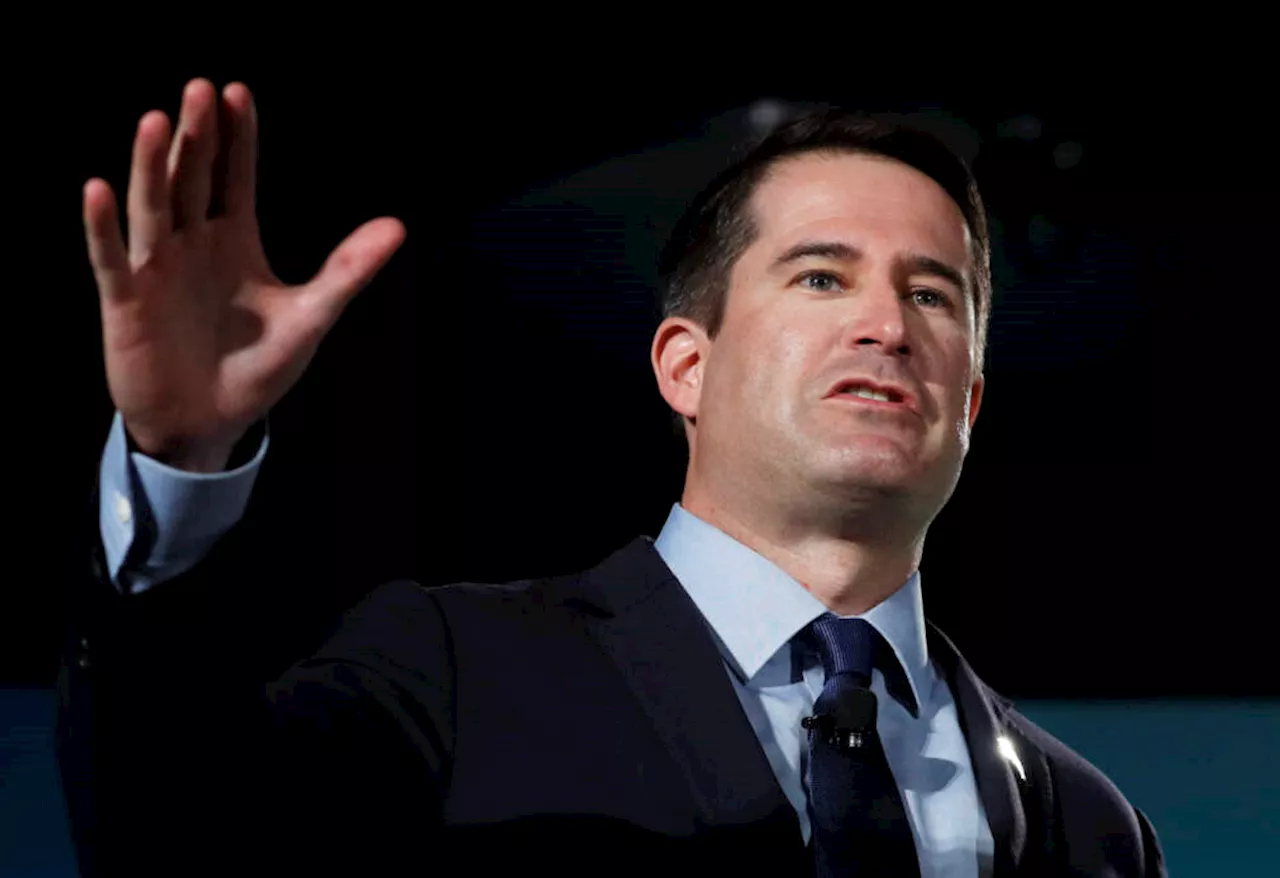Representative Seth Moulton has announced his decision to return donations from the American Israel Public Affairs Committee (AIPAC), a move that underscores a significant shift away from the pro-Israel lobby within the Democratic Party. This decision comes as Moulton faces a primary challenge against incumbent Senator Ed Markey in Massachusetts, highlighting evolving sentiments among Democratic voters regarding AIPAC’s role and its alignment with the current Israeli government.
On October 26, 2023, Moulton expressed his concerns through social media, stating that AIPAC has become too closely aligned with Prime Minister Benjamin Netanyahu‘s administration, which has been under fire for various international controversies, including accusations of crimes against humanity from the International Criminal Court. Moulton clarified his position, saying, “I’m a friend of Israel, but not of its current government, and AIPAC’s mission is to back that government. I don’t support that direction.”
This action places Moulton alongside a growing number of Democratic lawmakers who are distancing themselves from AIPAC funding, including Representatives Morgan McGarvey, Deborah Ross, and Valerie Foushee. The trend reflects a broader questioning of AIPAC’s influence within the party and concerns over its alignment with specific political figures and policies.
Political analysts have weighed in on the implications of Moulton’s decision. Annie Karni, a political reporter for the New York Times, noted that Moulton’s stance is indicative of a larger movement among Democrats who are beginning to reject the traditional financial support from AIPAC. This trend marks a significant departure from past practices, where such donations were often seen as essential for political campaigns.
Critics of AIPAC, like Dylan Williams, vice president for government affairs at the Center for International Policy, argue that the organization’s reputation has eroded among Democratic voters. Williams stated that “AIPAC is now so toxic to Democratic voters that support from it is widely seen as a political liability.” This commentary aligns with observations from Ishaan Tharoor, a columnist for the Washington Post, who discussed the organization’s declining influence, particularly in light of the ongoing conflict in Gaza.
The shifting dynamics surrounding AIPAC reflect a complex interplay of international relations, domestic political strategies, and evolving voter sentiments. As Moulton’s actions resonate within political circles, they signify a potential realignment of priorities among Democrats, focusing on human rights and the nuances of U.S. foreign policy towards Israel.
This growing skepticism towards AIPAC also aligns with broader debates about the Israeli-Palestinian conflict and the role of lobbying groups in shaping American foreign policy. Politicians are increasingly weighing the benefits of such affiliations against the potential backlash from constituents. The reactions to Moulton’s announcement indicate a significant moment in American politics, particularly regarding the Democratic Party’s approach to Israel.
As the political landscape continues to evolve, the implications of Moulton’s decision and the distancing from AIPAC funding could reshape campaign strategies and influence the future of lobbying efforts in Washington. The ongoing discussions surrounding AIPAC signal a changing tide in how Democratic lawmakers view the balance between supporting Israel and addressing the complexities of its government and policies.
